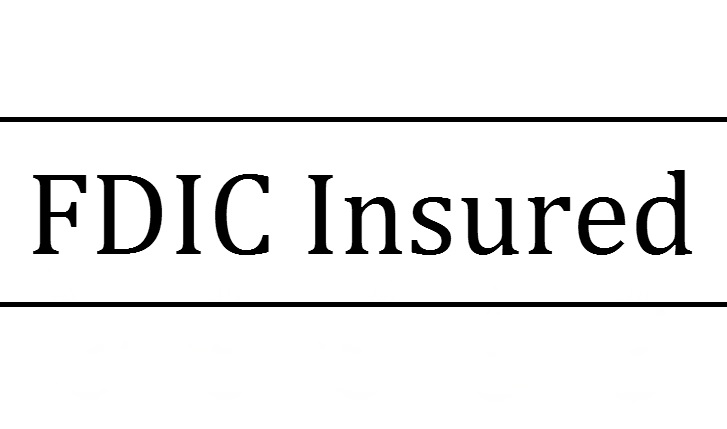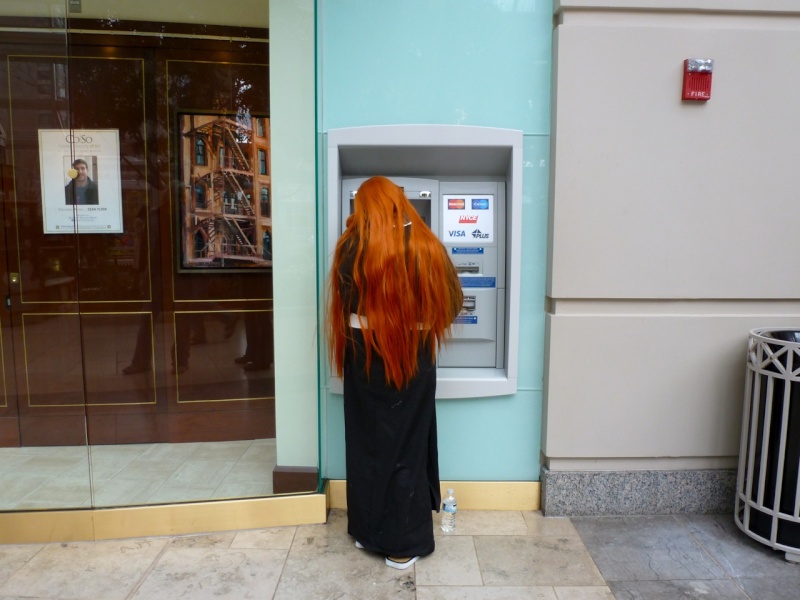Is It Time to Switch Banks? Five Warning Signs You Should Look Out For

How loyal to your bank are you? If you’re unhappy with the services your financial institution is providing, it may be time to move your business elsewhere.
Switching banks can be a hassle. Generally speaking, few people appear willing to make the change. However, where you bank has a major effect on your personal finances, and if your current financial institution no longer suits your needs, it may be time to look elsewhere.
Reasons for switching banks may vary, but there are certain factors you should consider before deciding to make the transition. Here are five telltale signs that it’s time to look for a new financial institution.

Your Bank isn’t FDIC Insured #
FDIC insurance covers up to $250,000 per depositor. If your bank drops its Federal Deposit Insurance Corporation (FDIC) insurance, it’s time for you to move on. Think of it this way: in the event the bank goes under, none of your deposits will be insured.
If you’re dealing with a credit union, you should check for insurance from The National Credit Union Share Insurance Fund (NCUSIF), which is administered by the National Credit Union Administration (NCUA). All insured credit unions are required to display the official NCUA insurance sign.
You can regularly check the FDIC’s website to make sure your bank is properly insured.

It Doesn’t Fit Your Lifestyle Anymore #
Even if your financial institution once fit your lifestyle perfectly, shifts in your personal or professional life may lead you to reassess its convenience. When you’re forced to change your habits in order to adapt to your bank’s schedule, or to cut down on banking costs, it’s time to look for other options. If you belong to a credit union and now you find yourself frequently traveling for work, you may need a bigger, national bank that has branches in the cities you often visit.
Conversely, if you can’t remember the last time you went inside your local branch, consider switching to an online bank. Because of their lower overhead, these banks generally have lower fees and higher interest rates on their savings accounts.

High Fees #
Maintenance fees, ATM fees, online banking fees, transaction fees – they all add up. Make sure you aren’t paying more than you should. Analyze offers from several banks and carefully read the fine print. For example, you shouldn’t have to pay a fee for basic checking. Nerd Wallet (www.nerdwallet.com) has compiled offers from all sorts of banks and credit unions to help you find the best checking account for your financial needs; you can consult the list here.

Sing-on Bonus #
Many financial institutions offer sign-on bonuses in an effort to widen their customer base. For instance, when you open your first account at Avidia Bank, you have the opportunity to earn up to $200 by enrolling in services you may already use with another bank. When you get a great offer like this and you aren’t particularly thrilled with your existing financial situation, you may want to capitalize on it.

Bad Customer Support #
If you’re unhappy with the way you’re being treated by your bank’s employees, it may be time to make a switch. Generally speaking, you should look for institutions that have a 24/7 help line that can connect you with a live representative. Some even offer useful online tools for their clients, such as the ability to live chat with a service agent.
Know when to ditch your bank and search for a more suitable alternative. Affordability and convenience are usually the two major factors to consider when choosing a financial institution. Research other banks thoroughly in order to make a more informed decision. Once you find one you’re interested in, take the leap.